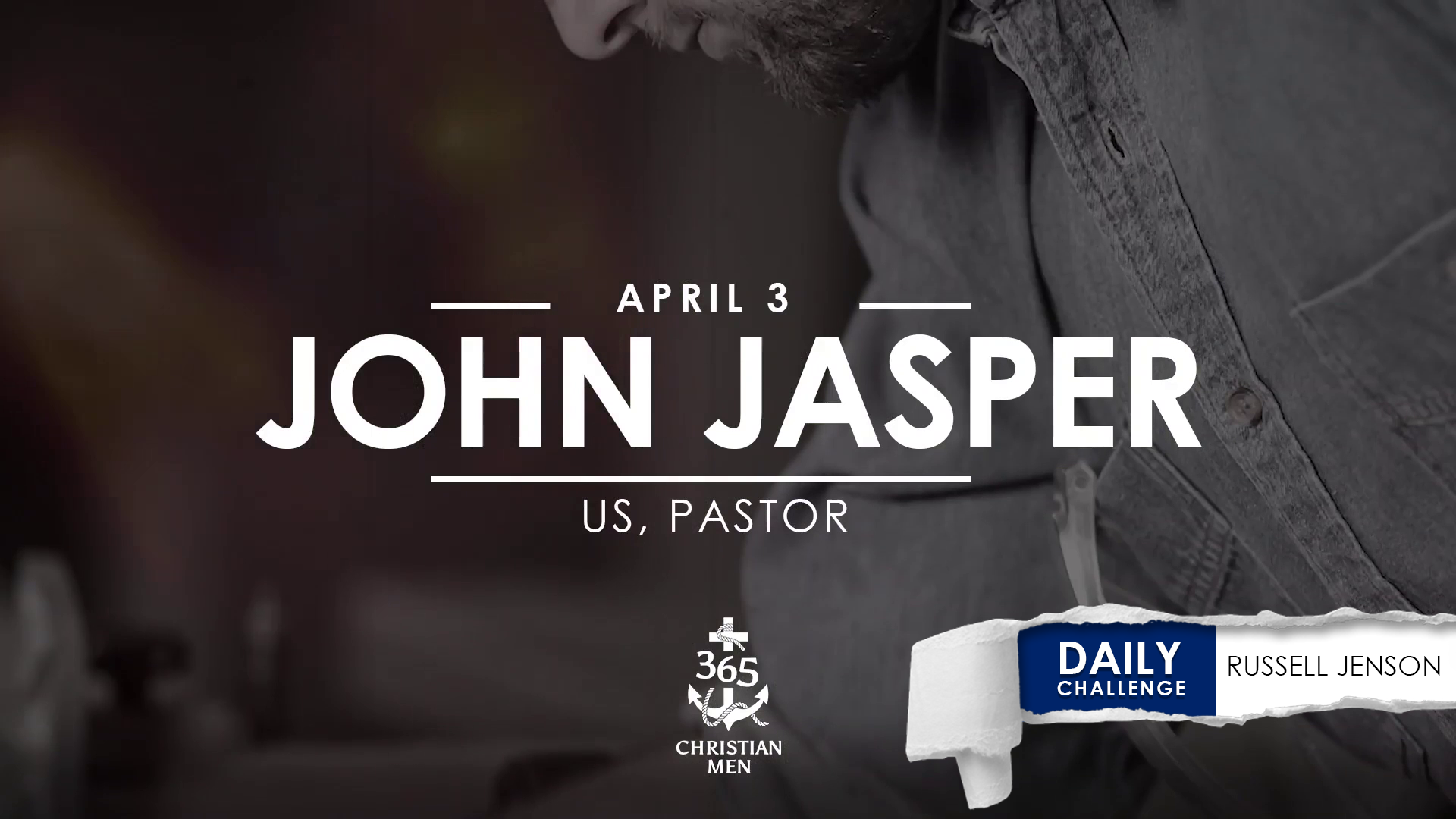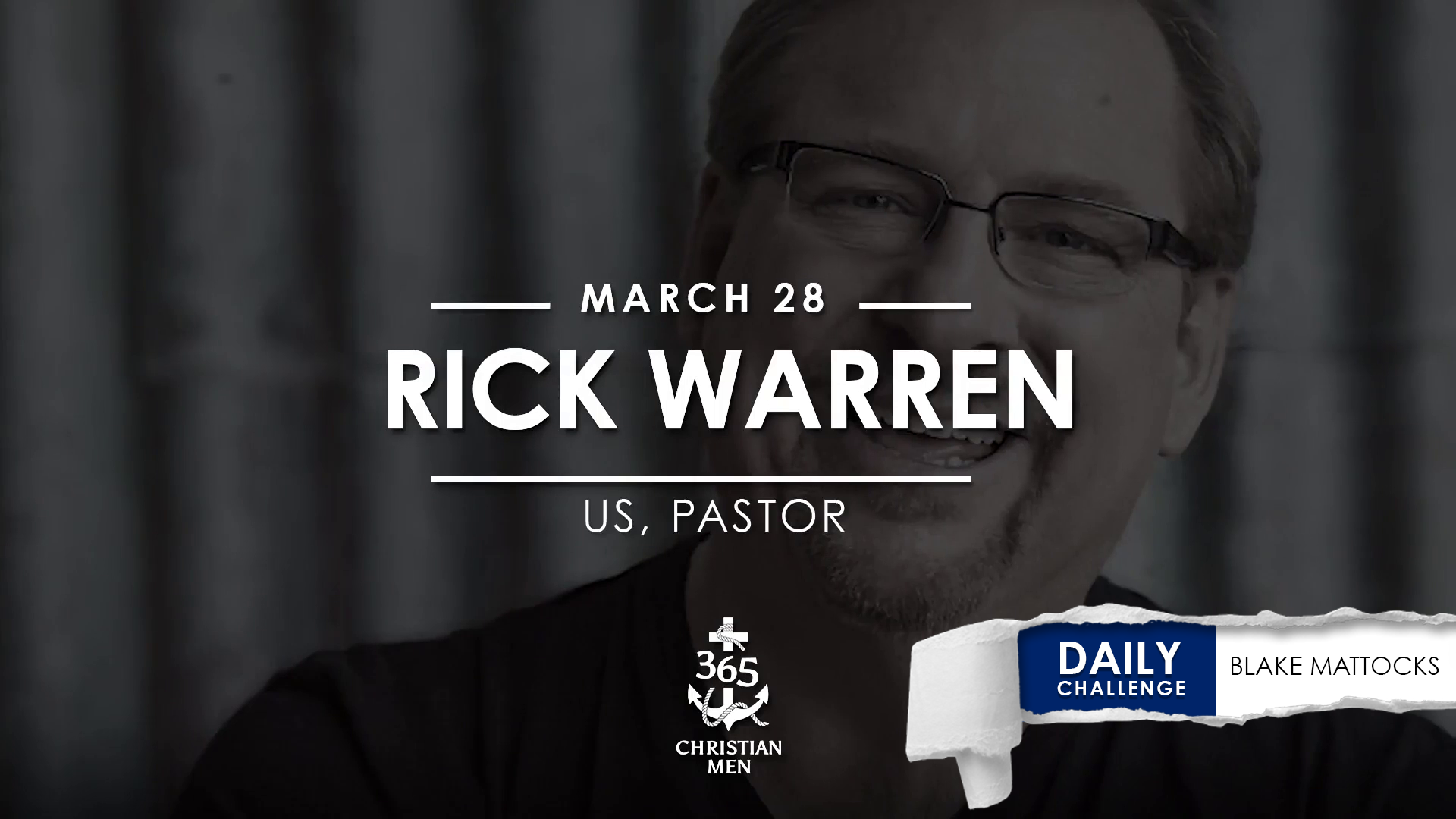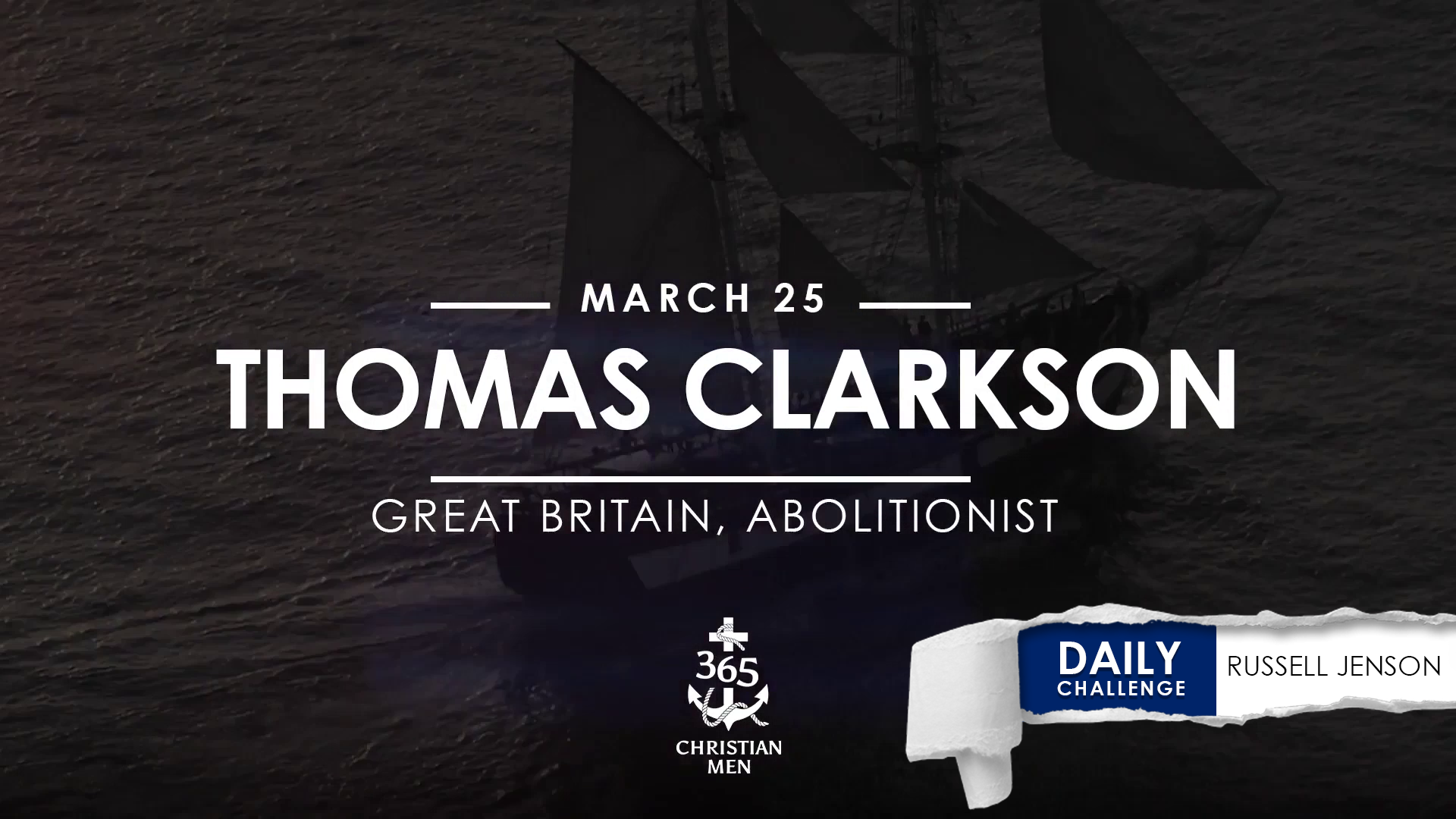April 3. John Jasper. John was baptized one morning and preached a funeral service that same afternoon. Being a man of reason and courage, he defied the laws of Virginia that forbade slaves to learn to read and write. More than a century later, that same state recognized John’s achievements and honored him as a “Strong Man … in Virginia History.”
On this date in 1865, John secured his freedom from slavery.
John started a church in 1867 with just 9 members, and within 34 years, its membership had increased to more than 2,000.
John never let slavery define him or limit him, either before the Civil War or after. Where others saw obstacles, John saw opportunities. Can’t hold services unless white men attend? Fine, preach to those white men and maybe God will convert them. No formal training in hermeneutics? Fine, preach from the heart, with conviction and faith. God’s Word is what’s important here.
Just before he died, John told those gathered around him that he was “looking for further orders.” He understood, better than most, what it meant to be a slave of Jesus Christ.
If you over-focus on the problem, you might miss the opportunity.
In the tobacco factory of Richmond, Virginia, John Jasper worked sixteen-hour days. He often said he was the best man at his job. But on July 4, he struggled to focus on his work. Suddenly, conviction of his sins gripped his heart. In desperation he cried out for mercy from God. Immediately, the struggle vanished.
Jasper told his boss Samuel Hardgrove what had happened, and the boss scandalized the whole room. He came over and shook Jasper’s hand, said he was happy he’d found the Savior, said Jasper’s Savior was Hardgrove’s Savior, and he understood.
Then Hardgrove told him to take the day off, go home and tell his family about Jesus, then go through the factory and tell all of them, too.
Later, Jasper liked to say Jesus called him to preach, but Hardgrove had commissioned him, too.
But being a slave limited what Jasper would be allowed to do. He knew that, and he made up his mind that he wouldn’t focus on what he wasn’t allowed to do. Instead, he’d make the most of the opportunities all his limits created.
Slaves were not allowed to be educated, so of course, Jasper could not read. But he knew God had called him to tell the truth about Jesus.
One of Jasper’s friends was not optimistic and challenged Jasper: how would he preach when he couldn’t read or write? Jasper said he intended to brag on Jesus.
And Jasper did; his sermons consisted of what he’d heard until a pastor took Jasper aside and told him he must learn to read his Bible for himself. With the help of that pastor, within seven months Jasper taught himself to read the Bible.
Jasper spoke at a funeral at the Old African Baptist Church of Richmond. With his arms pointed toward the sky, Jasper pictured the deceased with a smile on his face as he entered heaven. The men of the church were mesmerized. They wanted him to be a regular speaker at their church in Petersburg.
But Jasper could preach only when his master allowed—after the 16-hour-long work days. So Jasper bargained—if Hardgrove would allow Jasper to preach on the fourth Sunday of every month, the church would pay Jasper a dollar, and he’d give it to Hardgrove. Deal.
The next obstacle was that Virginia law forbade slaves to organize, so Jasper could preach only when a white minister or a committee of white men were present.
Jasper considered this an opportunity to preach to white men, who would otherwise not attend. As an added benefit, the presence of the white men discourage trouble from any prejudiced people, who wanted to disrupt the services.
One Sunday, after the choir finished singing, Jasper stood rigid gazing toward heaven with his eyes wide open, and he prayed. Then he opened his Bible and read from Revelations 6: 2. The congregation listened intently as Jasper described the Lord Jesus standing with his bow and arrow outstretched preparing to conquer his enemies.
Then Jasper asked the congregation if they wanted to be one of the multitude crowning Christ King. It’s said he didn’t preach long before, “The critical white people were stirred to the depths of their souls and their emotion showed in their weeping.”
Even Jasper’s most skeptical critics described him as being like John the Baptist, “a man sent from God.”
Jasper could say as the Apostle Paul did, “Now I want you to know, brethren that my circumstances have turned out for the greater progress of the gospel, so that my imprisonment in the cause of Christ has become well known,” (Philippians 1: 12–13, NASB).
What are some obstacles that seem to be stifling your progress? If you over-focus on the problem, you might miss the opportunity.
Benning, Laura. “William E. Hatcher (William Eldridge), 1834–1912: John Jasper: The Unmatched Negro Philosopher and Preacher. New York: Fleming H. Revell Company, c 1908.” Documenting the American South. Accessed July 30. 2020 https://docsouth.unc.edu/church/hatcher/summary.html
Croft, Wayne E., Sr. “John Jasper: Preaching with Authority.” Preaching: Leading the Church, Proclaiming the Word.com. Accessed July 30, 2020 https://www.preaching.com/articles/past-masters/john-jasper-preaching-with-authority/
“John Jasper.” Virginia Changemakers. Accessed July 30, 2020. https://edu.lva.virginia.gov/changemakers/items/show/12
Ray, Thomas. “John Jasper—Unmatched Orator.” Baptist Bible Tribune. July 25, 2013. http://www.tribune.org/john-jasper-unmatched-orator
Day, Richard Ellsworth. 1953. Rhapsody in Black: The Life Story of John Jasper. Valley Forge, Pa. : The Judson Press.
William E Hatcher, LL.D. 1908. John Jasper: The Unmatched Negro Philosopher and Preacher. New York: Fleming H. Revell Company. Pg.45
Day, Richard Ell
sworth. 1953. Rhapsody in Black: The Life Story of John Jasper. Valley Forge, Pa. : The Judson Press. Chapter 10, Pg.74
Roper, Gary Lee. Antebellum Slavery: An Orthodox Christian View. 2009. USA.
Story read by Daniel Carpenter















